Experiencing a work-related injury can be quite taxing, both mentally and financially. Thankfully, many advantages are available to help employees in this circumstance. These Disability Benefits are crucial to maintaining income flow during recovery periods. In this blog, Core Medical Center, a premier medical facility specializing in workers’ compensation and work-related injuries in the USA, will discuss the disability benefits injured workers qualify for.
Core Medical Center, USA, is a one-stop shop for worker compensation cases. We collaborate closely with a network of other experts, office case managers, and a dedicated and varied team of healthcare professionals. It streamlines the treatment process by eliminating the need to visit different clinicians and deal with different administrative personnel at different locations. Contact us if you need help with the paperwork for your Disability Benefits or want comprehensive care for Disability Management.
Now, let’s have a look at the discussion:-
- Workers’Workers’ Compensation Insurance
- Temporary Disability Benefits
- Permanent Disability Benefits
- Supplemental Job Displacement Benefits
- Return-to-Work Fund
- Death Benefits
- State Disability Insurance (SDI)
- Legal Assistance
Workers’ Compensation Insurance:
Workers’ compensation insurance is the main source of assistance for most work-related injuries. Almost all employers must have this insurance if an employee is wounded at work, which pays for lost income and medical costs. Whoever caused the harm is not eligible for this benefit. It pays for your medical expenses, gives you a portion of your income while you’re off the job, and might even cover the cost of your rehabilitation to enable you to return to work.
Temporary Disability Benefits:
Should your work injuries keep you from doing your regular duties while you heal, you may qualify for short-term disability compensation. Until your illness stabilizes or you can resume work, these Disability Benefits are paid every two weeks and usually amount to around two-thirds of your gross salary.
Permanent Disability Benefits:
You may be eligible for permanent disability benefits if the injury results in a permanent handicap that limits your capacity to earn a living. The impairment’s severity, age, profession, and income at the time of the injury all affect how much and how long you receive these benefits.
Supplemental Job Displacement Benefits:
You may be eligible for further job displacement benefits if your injury prevents you from returning to your prior job and your employer cannot find another position that works with your medical limits. As part of these benefits, people get a non-transferable voucher, which they can use at approved schools for skill development or educational retraining.
Return-to-Work Fund:
Several countries offer supplementary funds for employees who sustain long-term injuries and whose benefits are disproportionately inadequate in relation to their lost wages. This fund is intended to provide a financial safety net and augment permanent disability benefits.
Death Benefits:
Death benefits may be payable to a worker’s dependents in the event of a work-related accident. These benefits cover burial costs and money to make up for missed wages that were used to sustain the dependents.
State Disability Insurance (SDI):
You may occasionally be eligible for temporary Disability Benefits through state disability programs if you are not eligible for workers ‘ compensation or if your benefits are delayed. These benefits act as a stopgap, offering money support while additional benefits are arranged and your workers’ compensation claim is handled.
Legal Assistance:
It can be quite difficult to navigate the complicated world of disability benefits, particularly when you’re you’re injured. To make sure you get all the benefits to which you are entitled and for assistance with the claims procedure or any disagreements that may occur, it could be helpful to speak with a workers’ compensation lawyer.
Final Note
Comprehending these advantages will significantly alleviate the strain of managing a work-related ailment and offer essential assistance throughout your recovery. Contact Core Medical Center, USA, to get help with your Disability Benefits paperwork today.

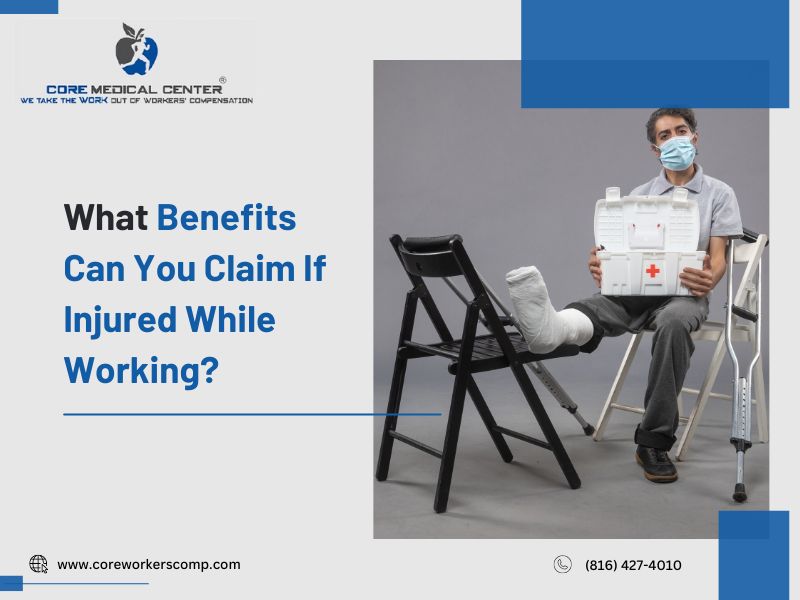
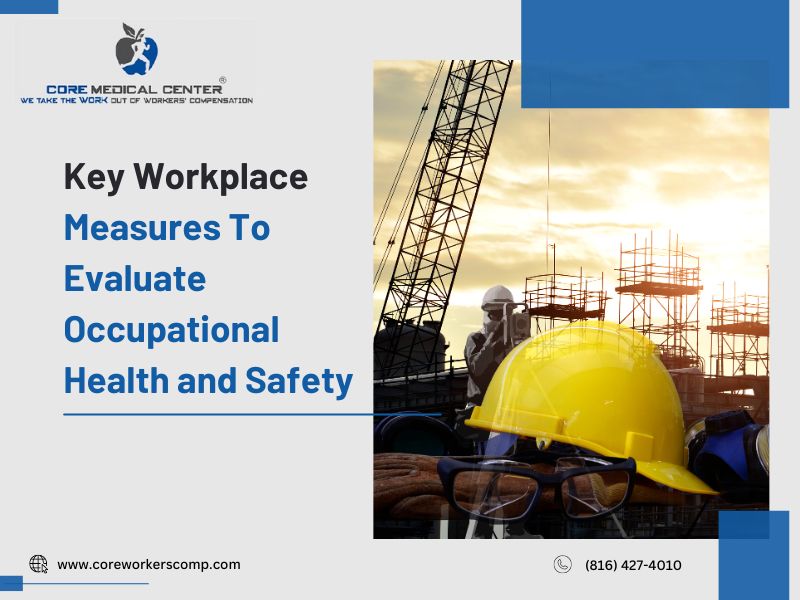
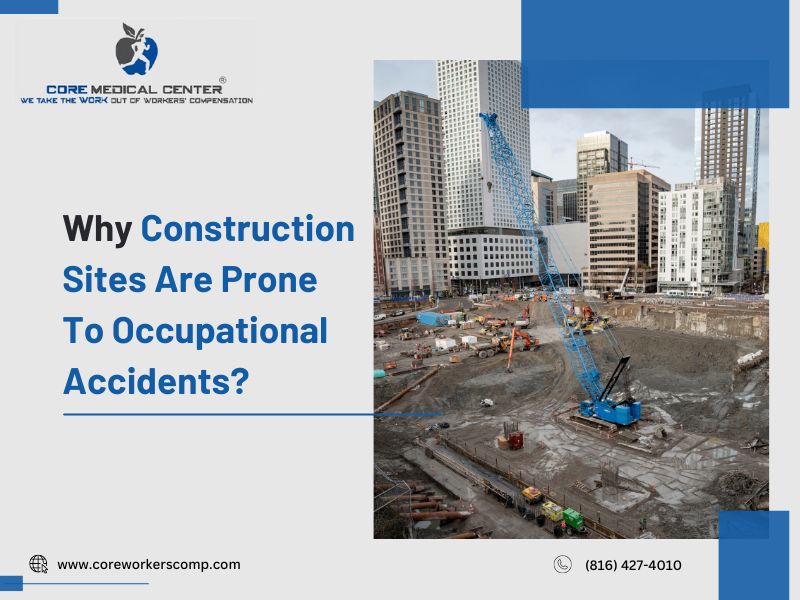
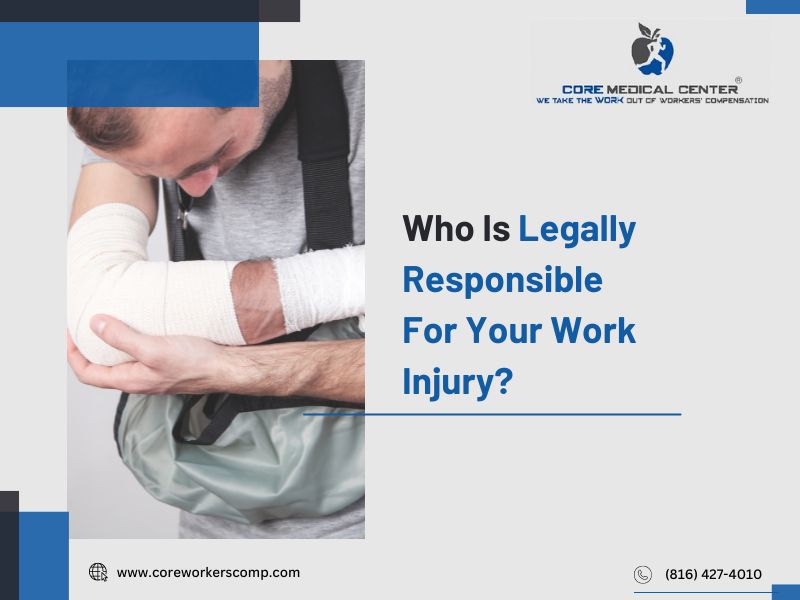

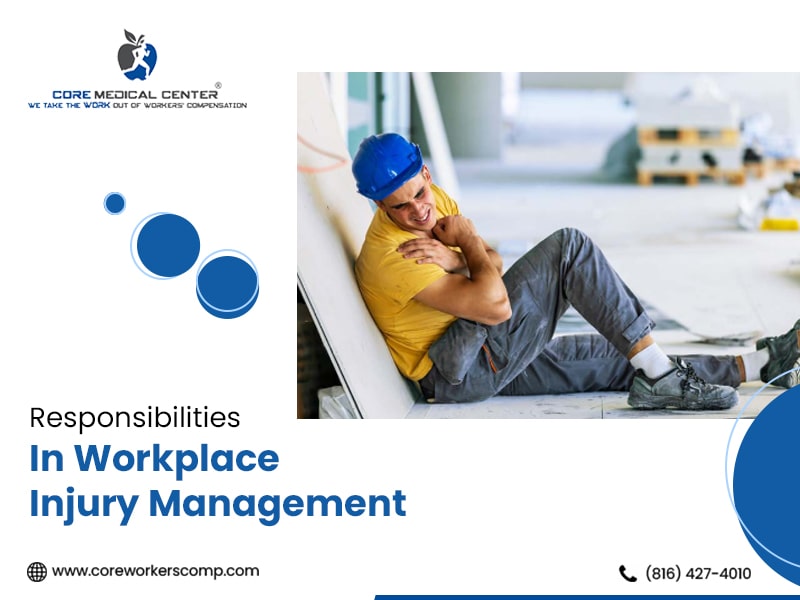
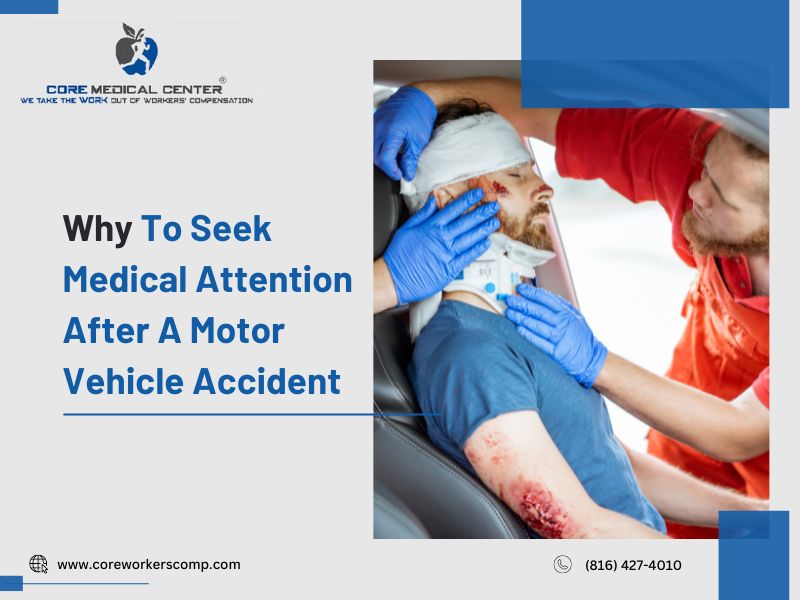
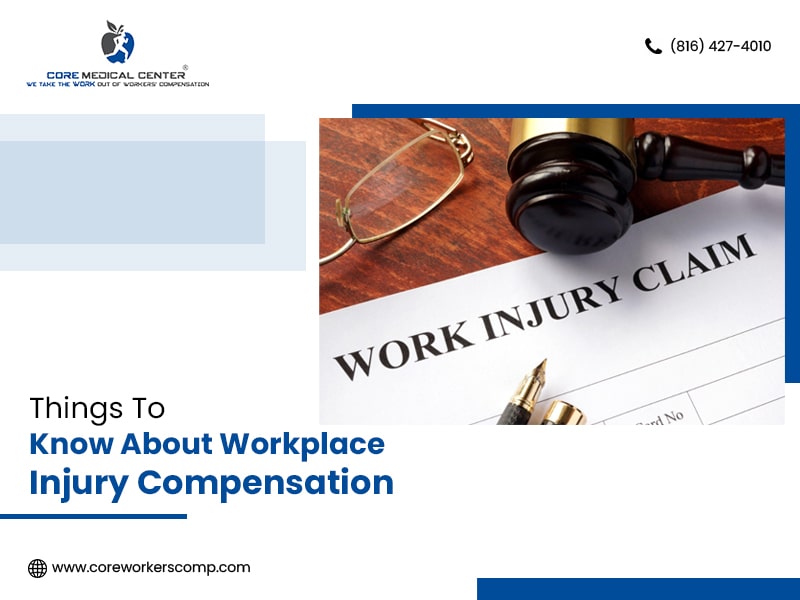
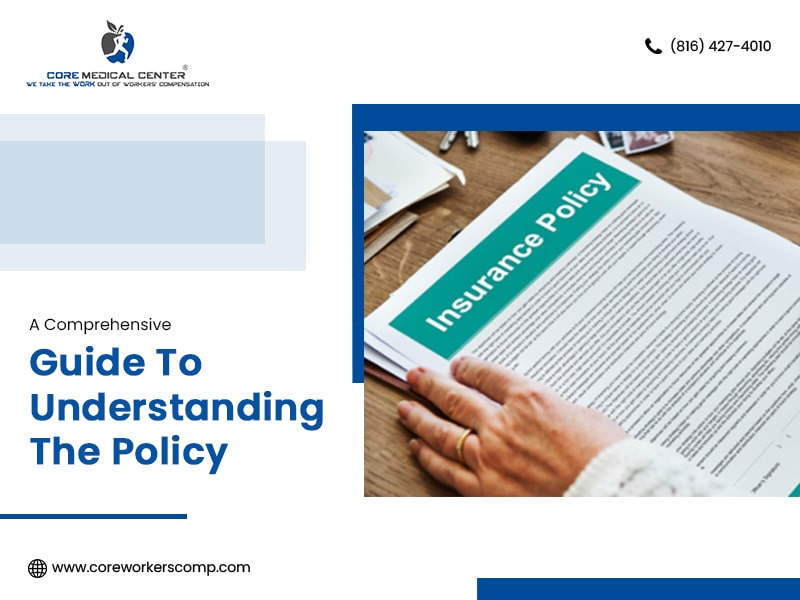
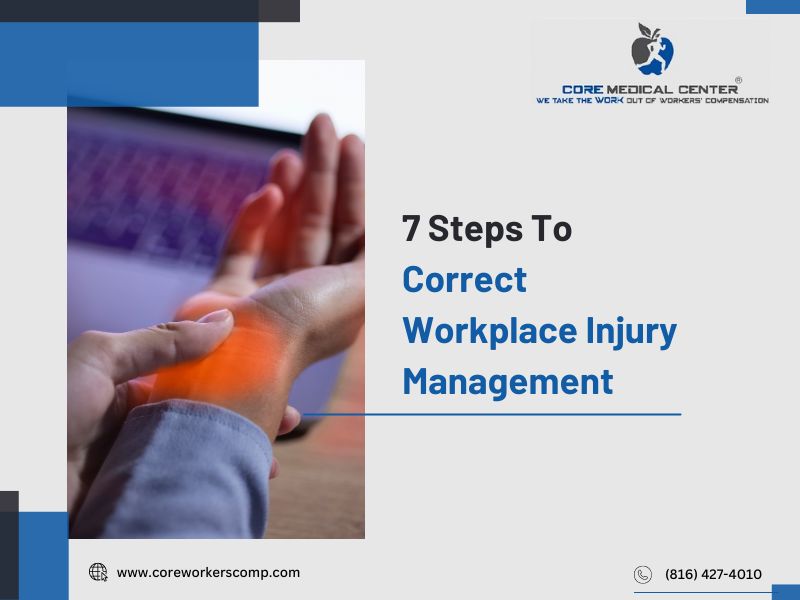
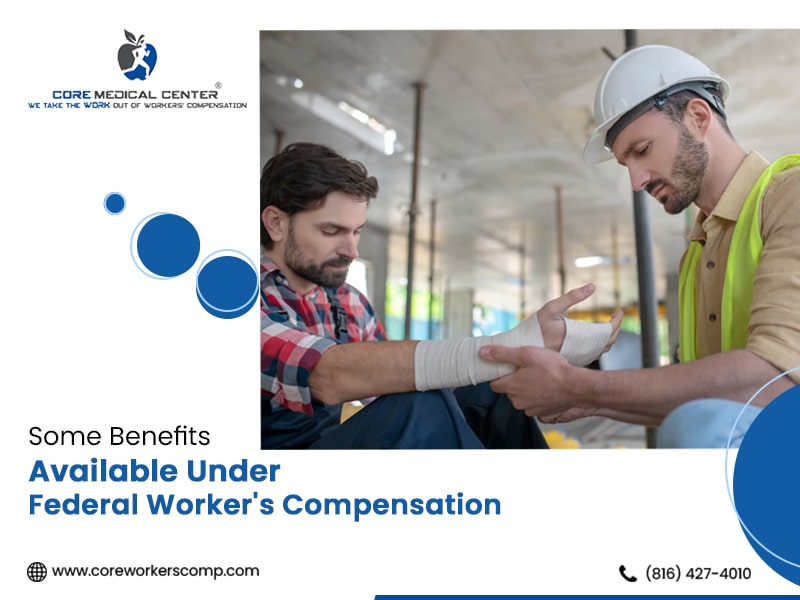
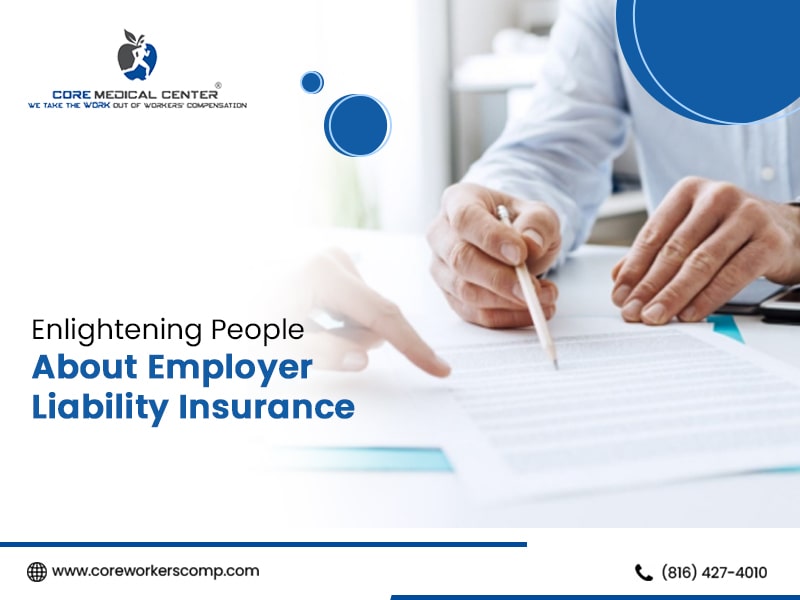
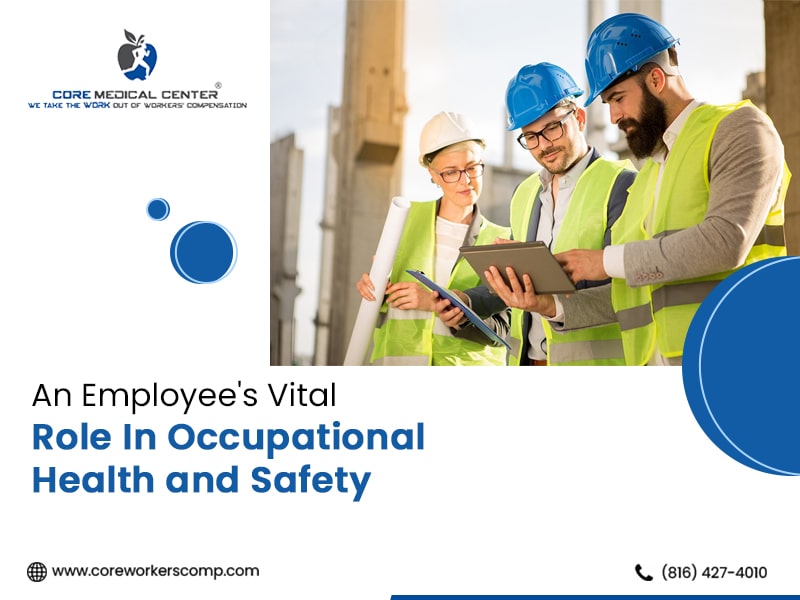
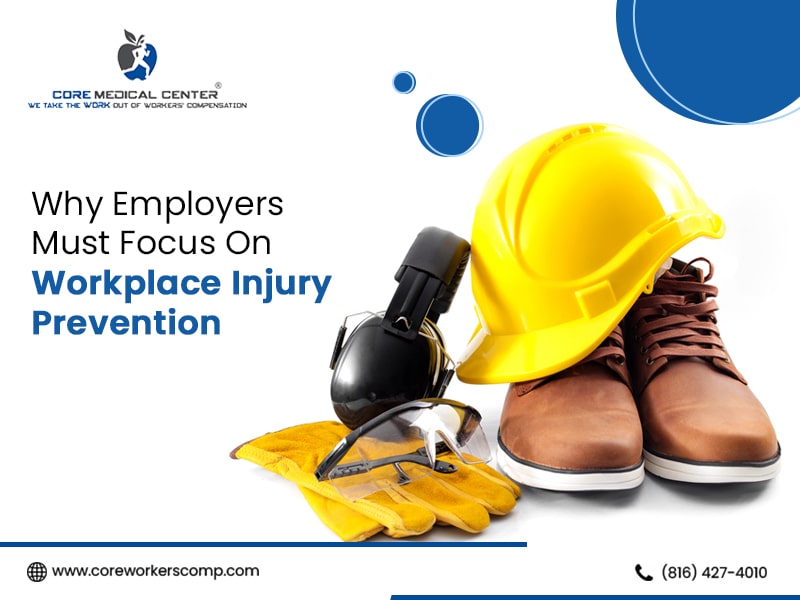
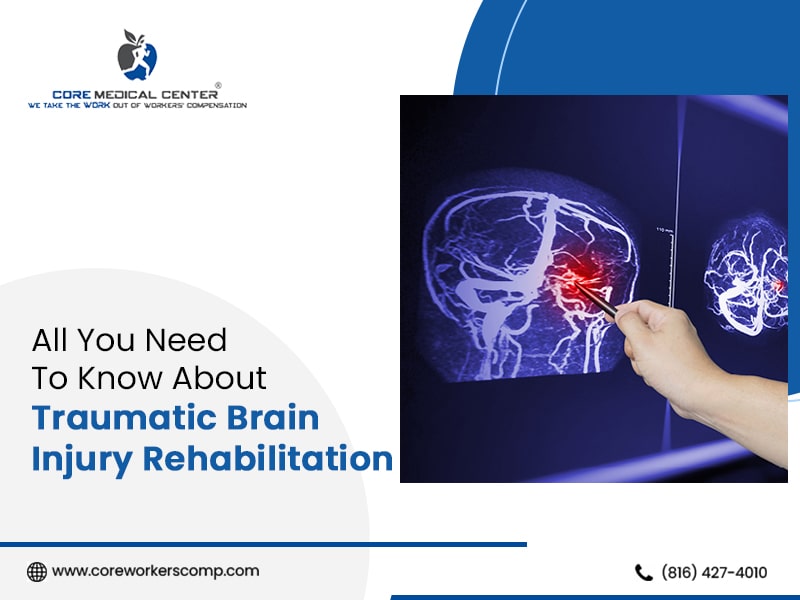
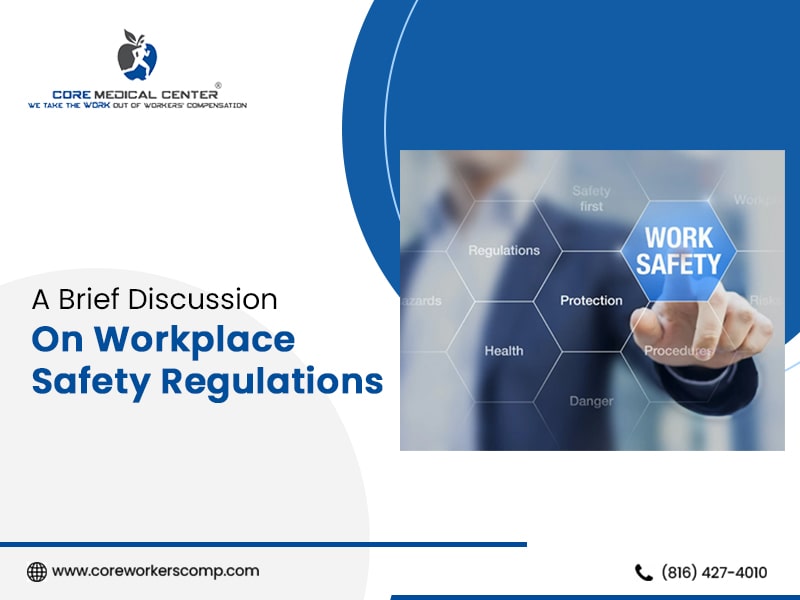
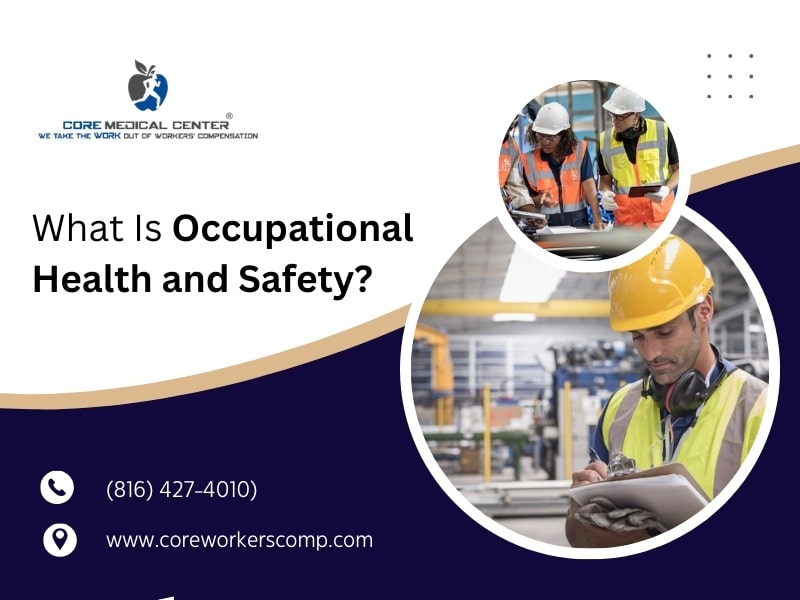
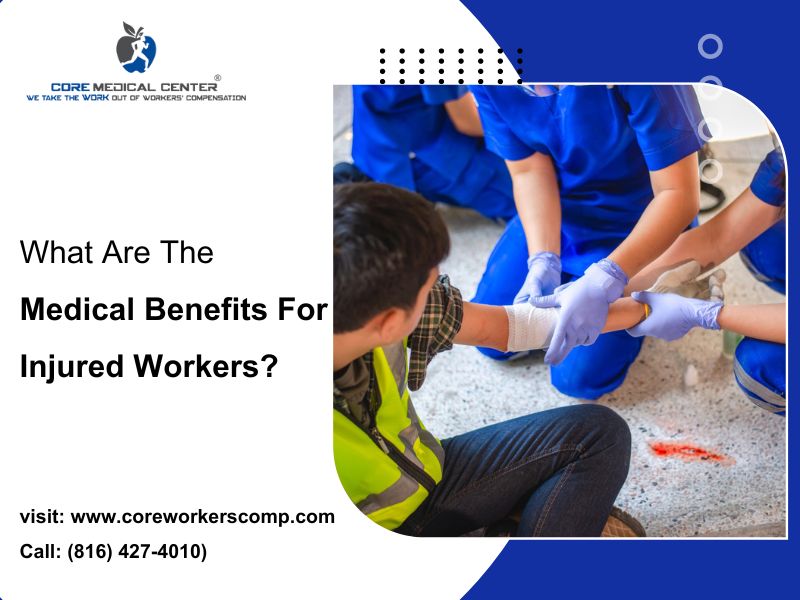
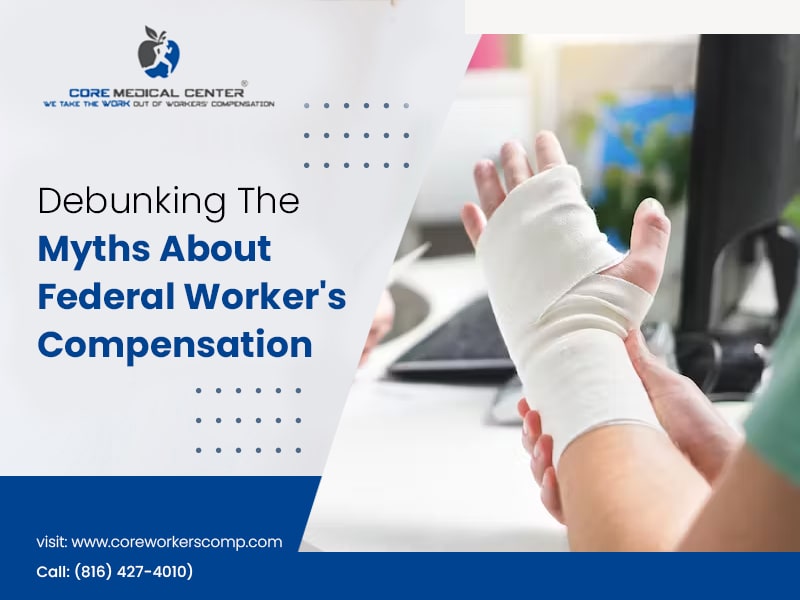
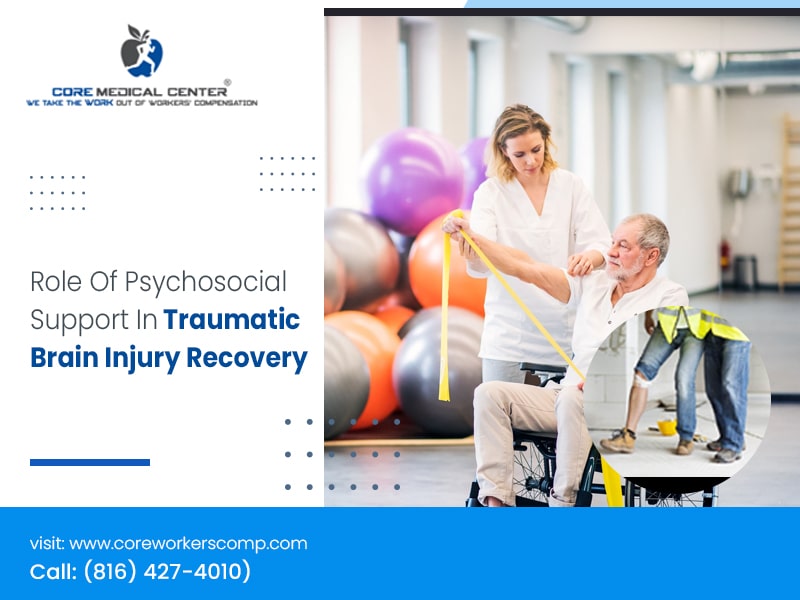
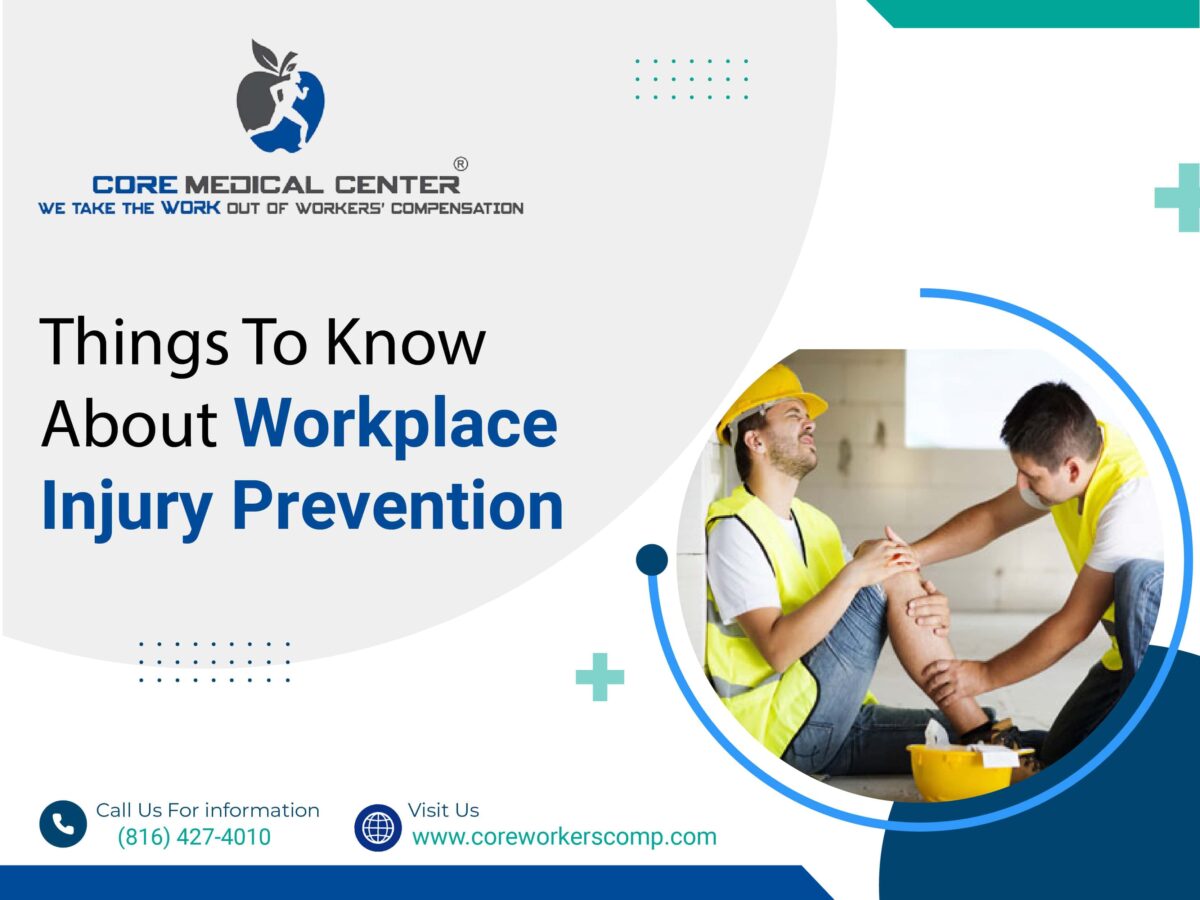
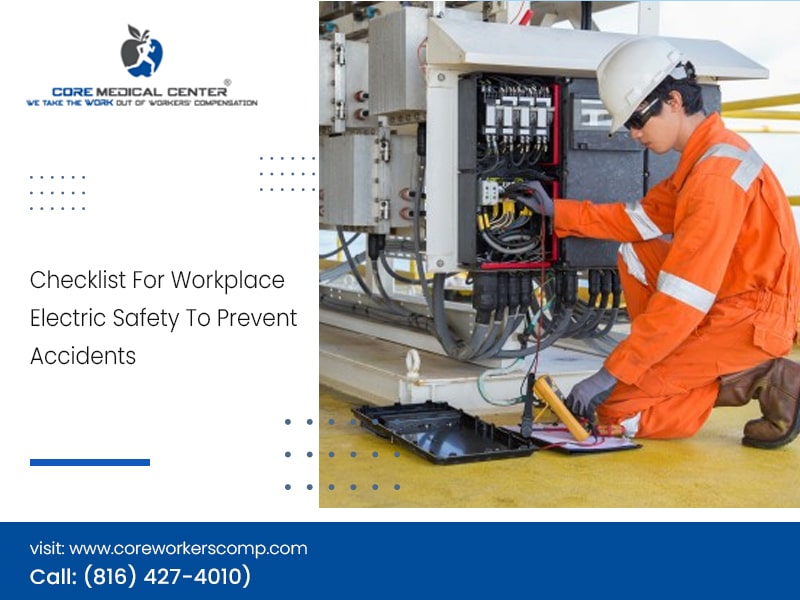
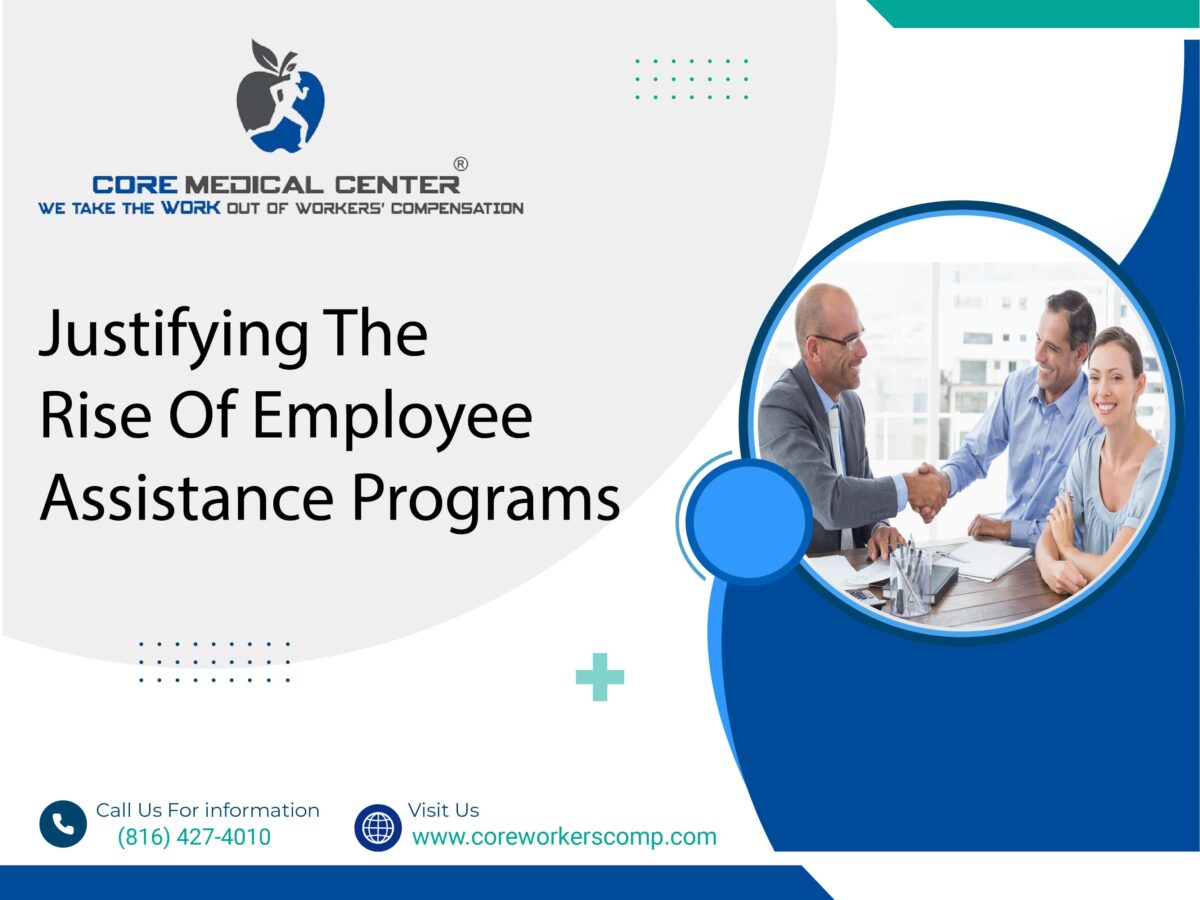
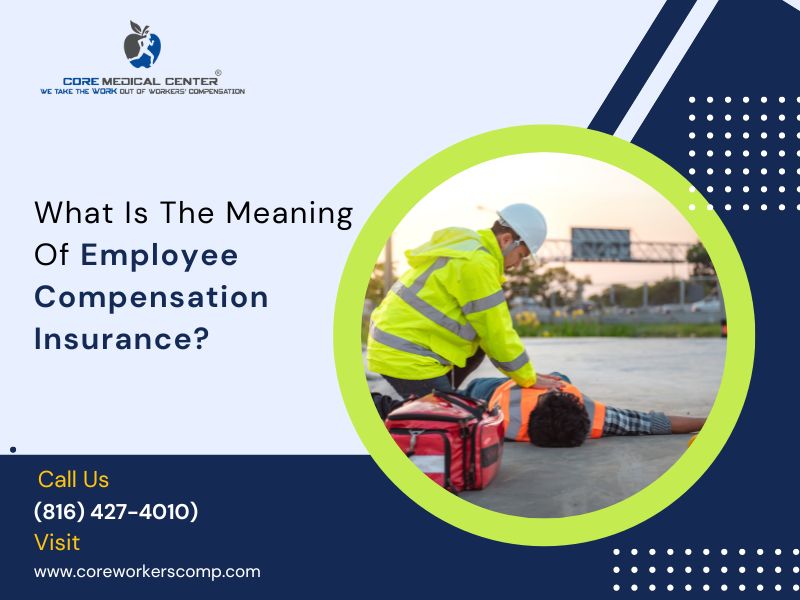
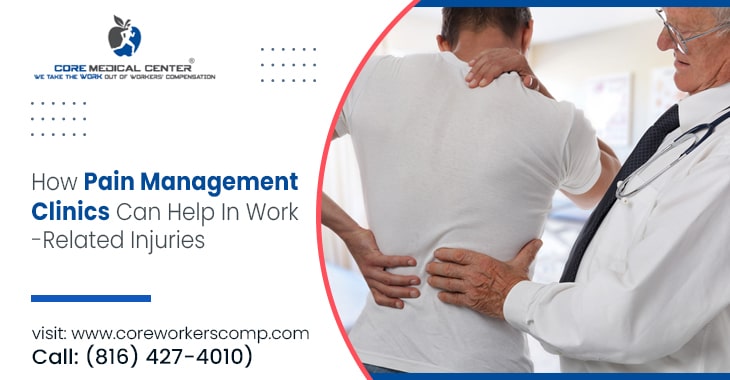
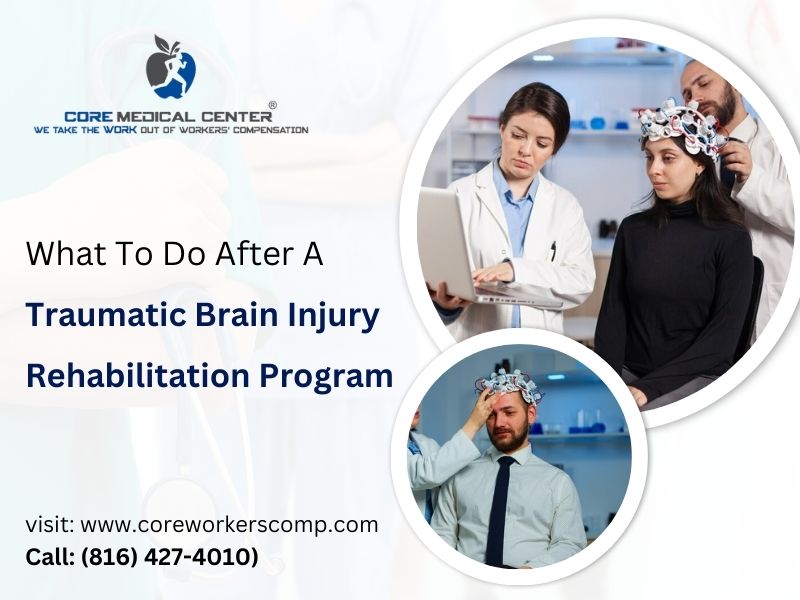
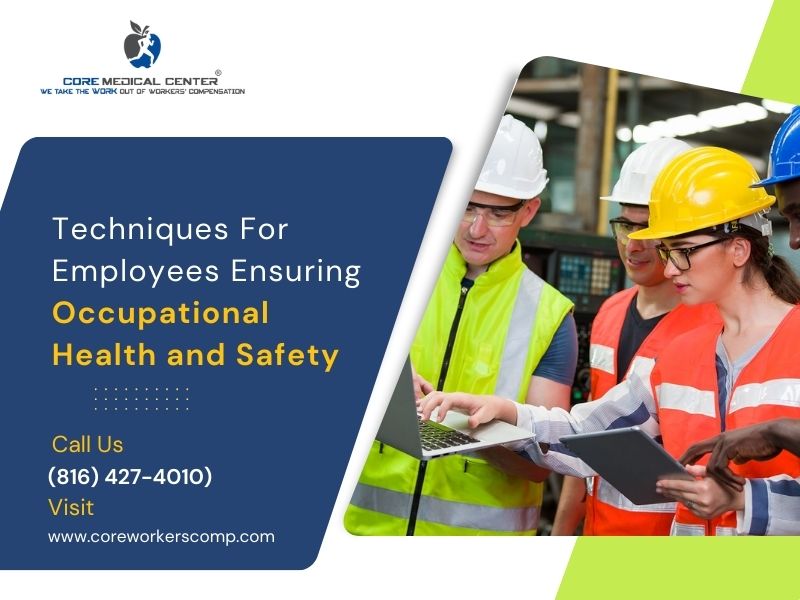
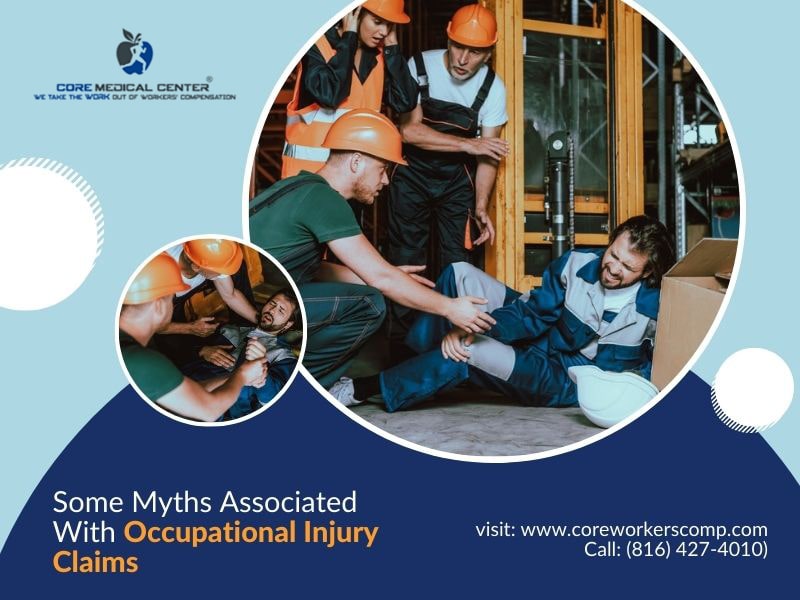
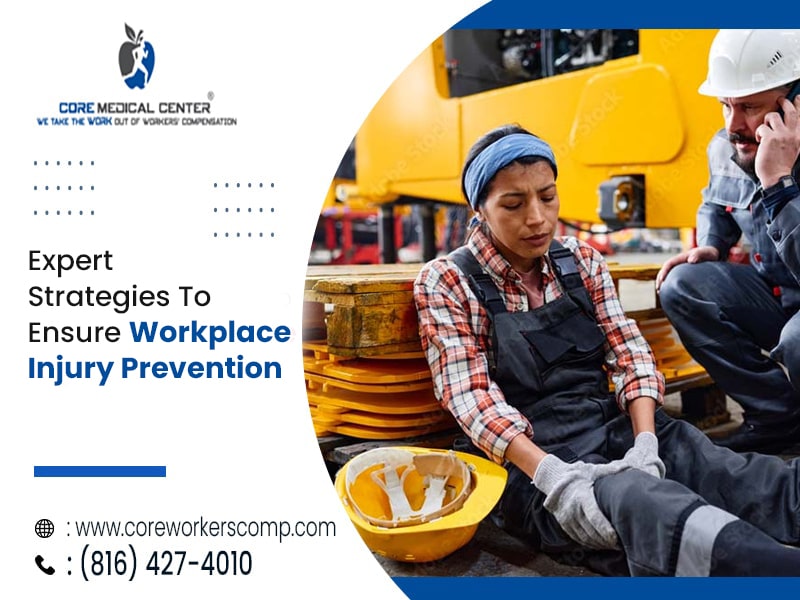
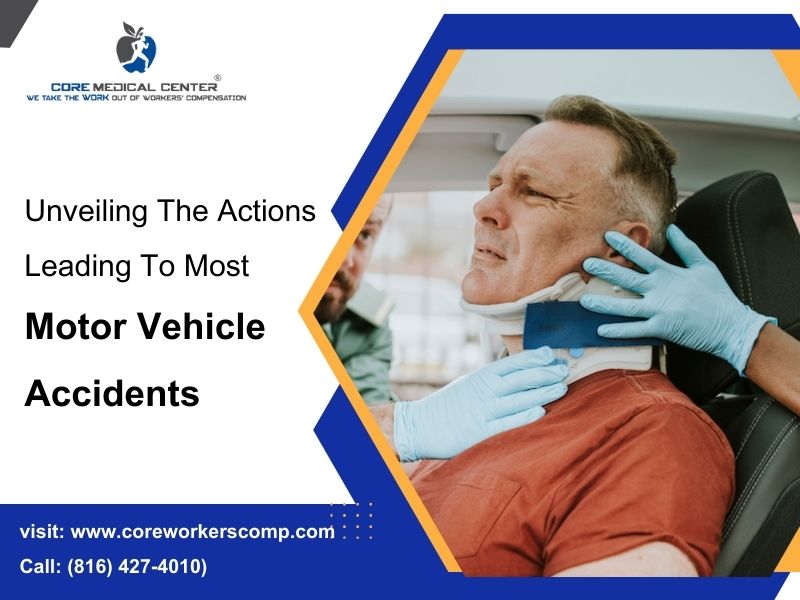

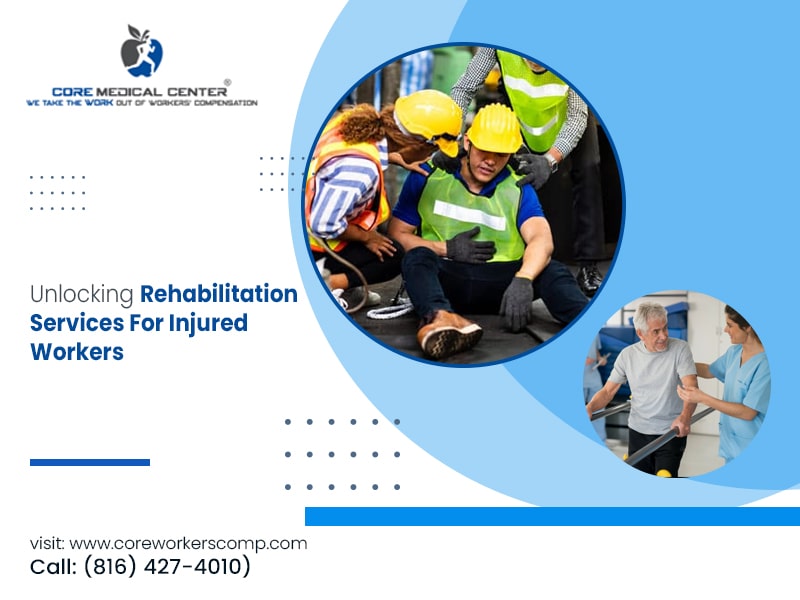
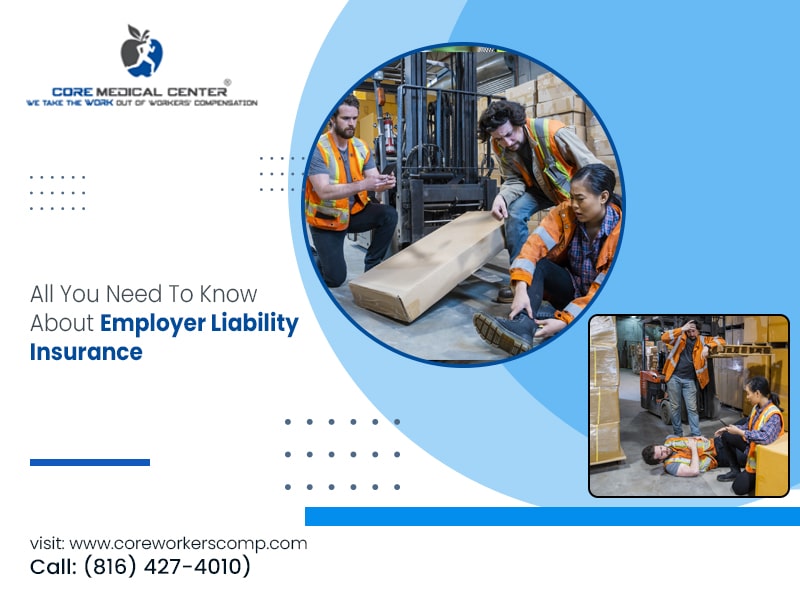
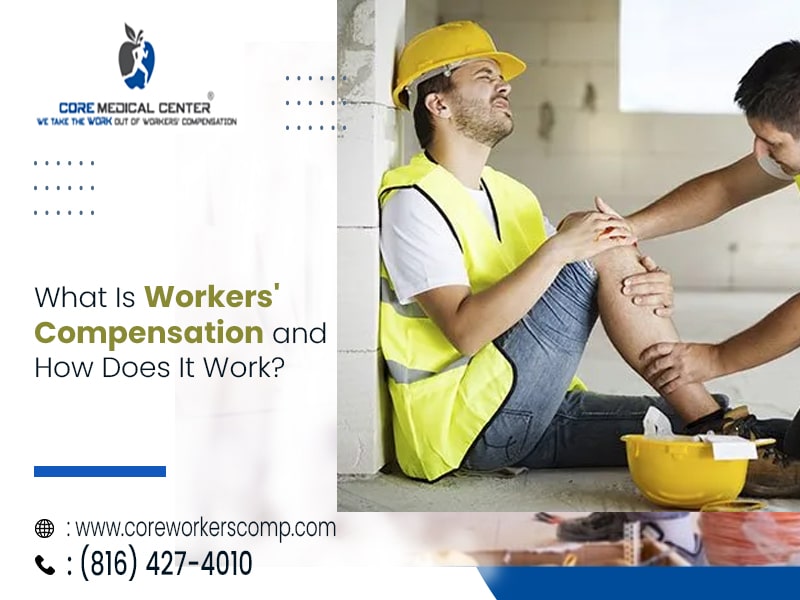
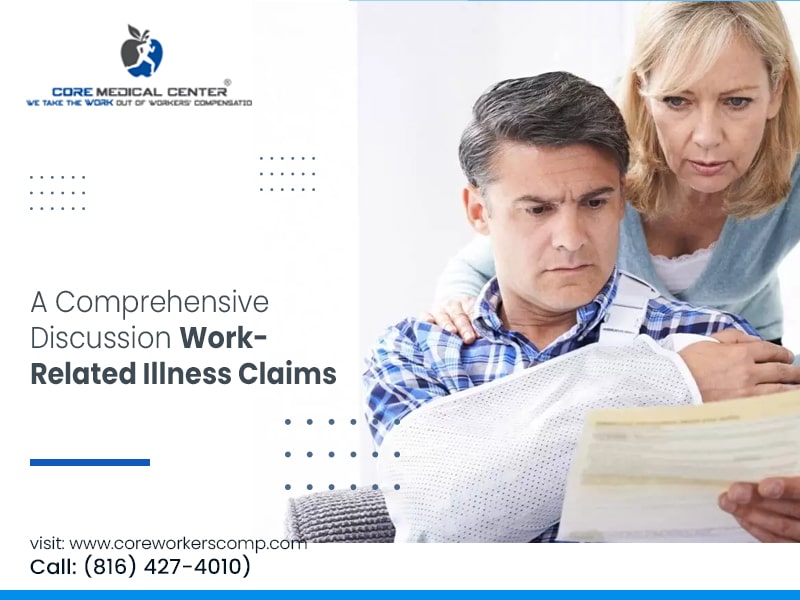
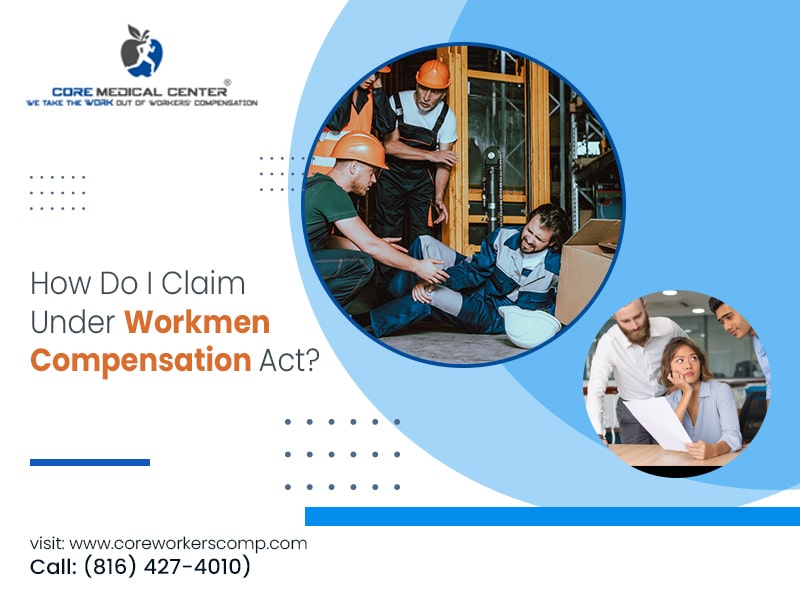
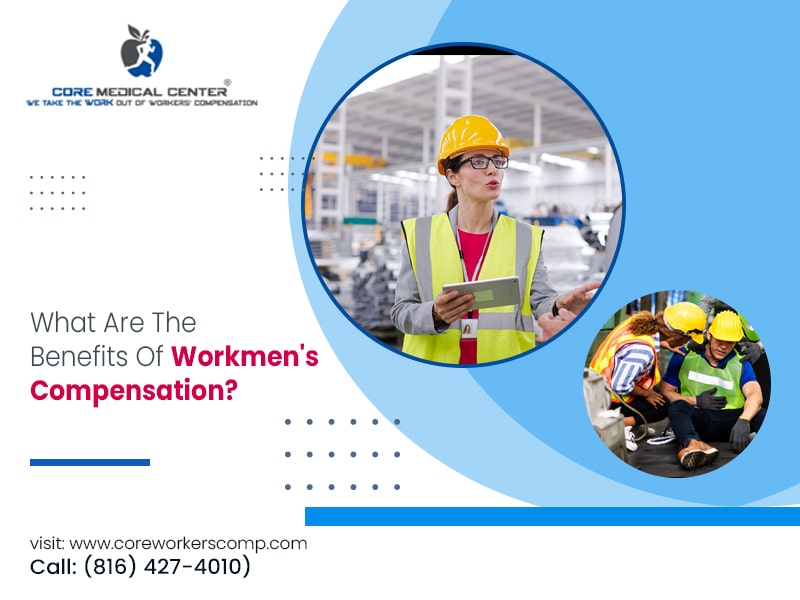
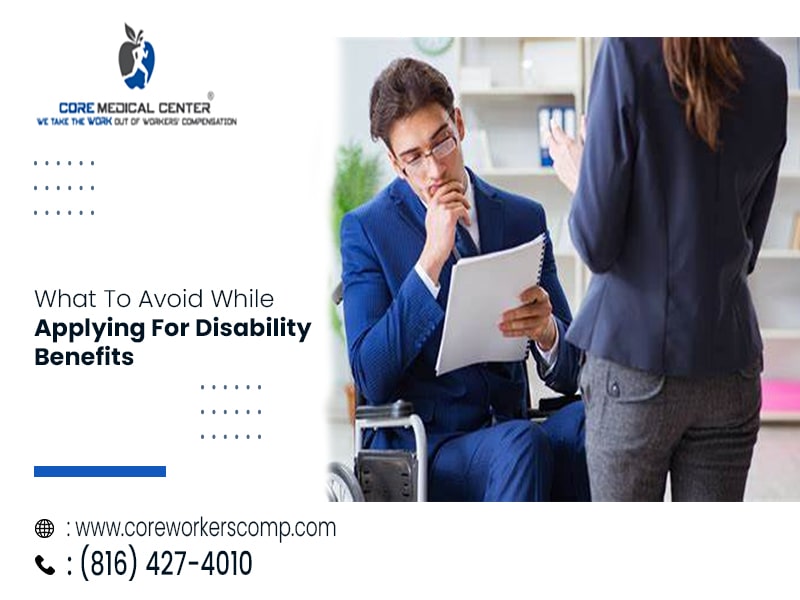
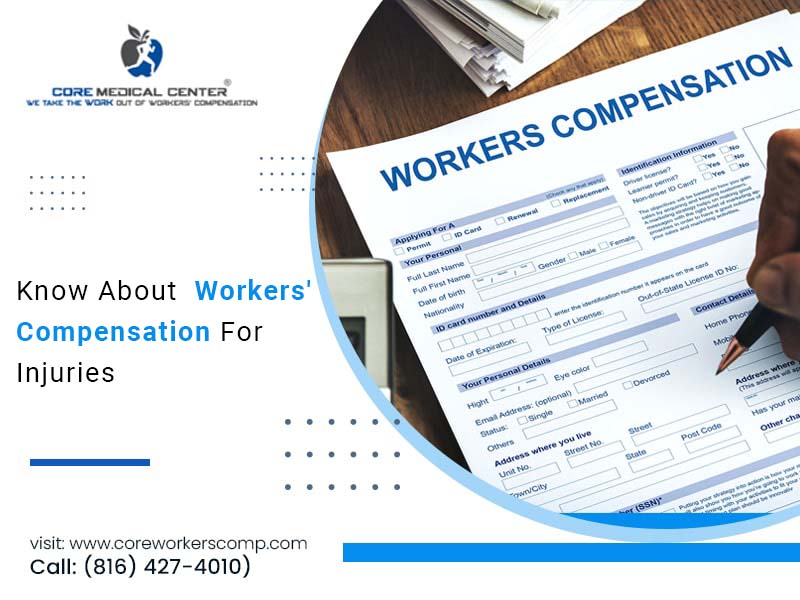
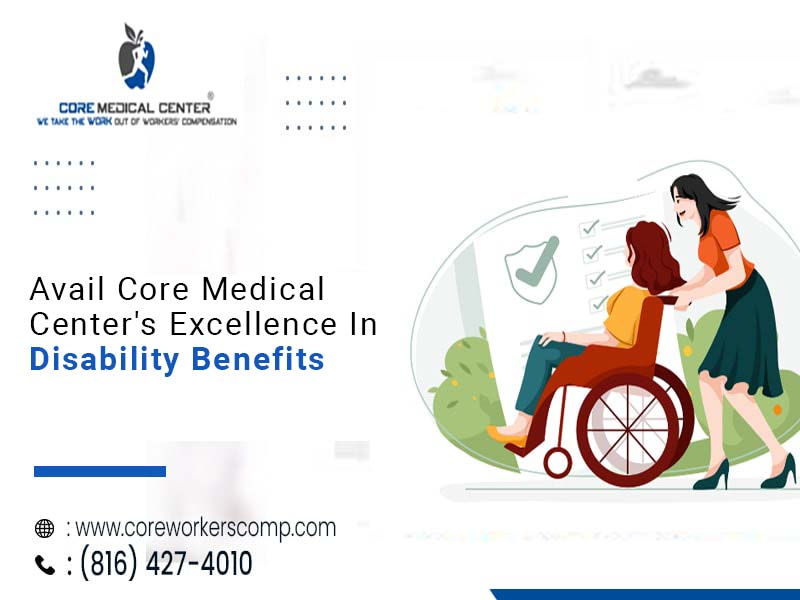
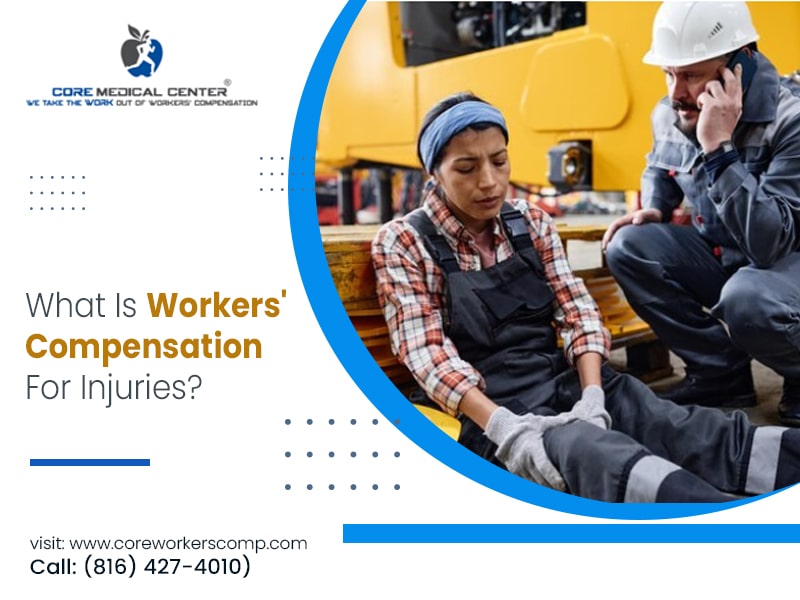
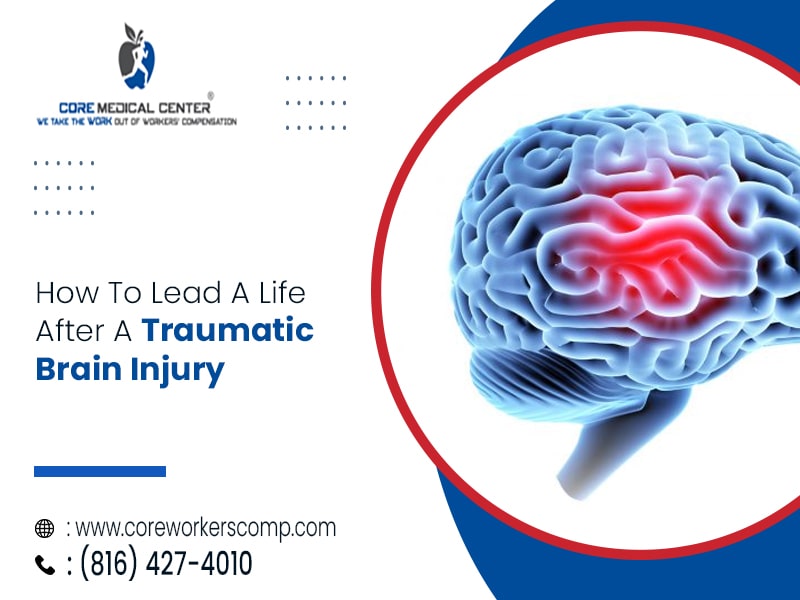
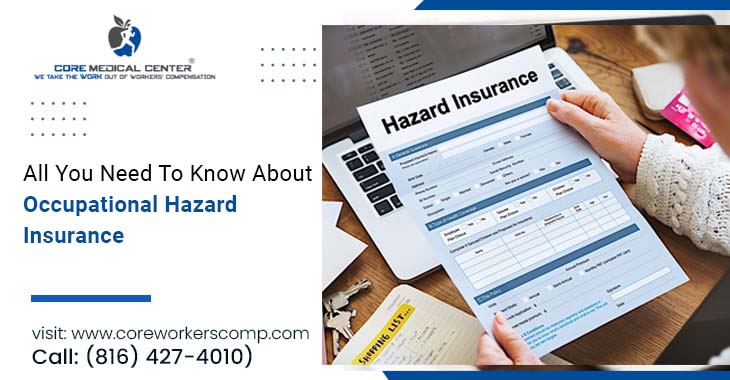
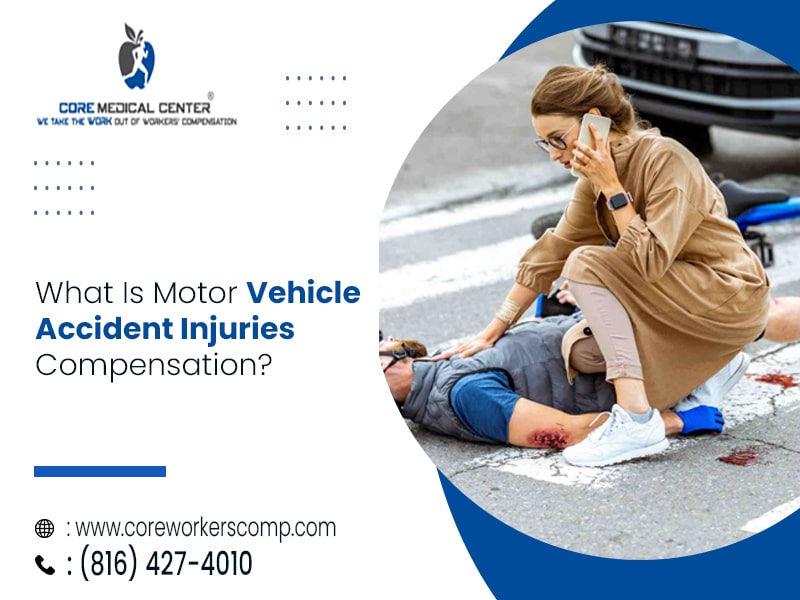
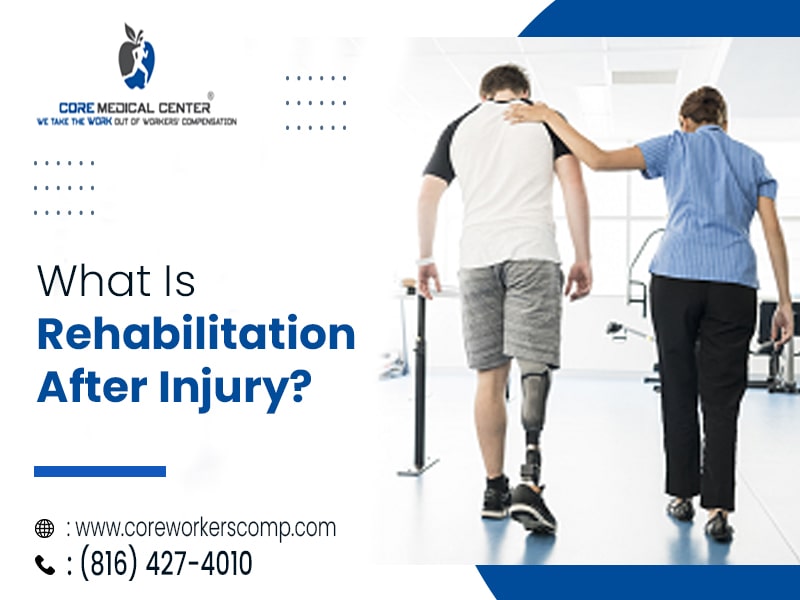
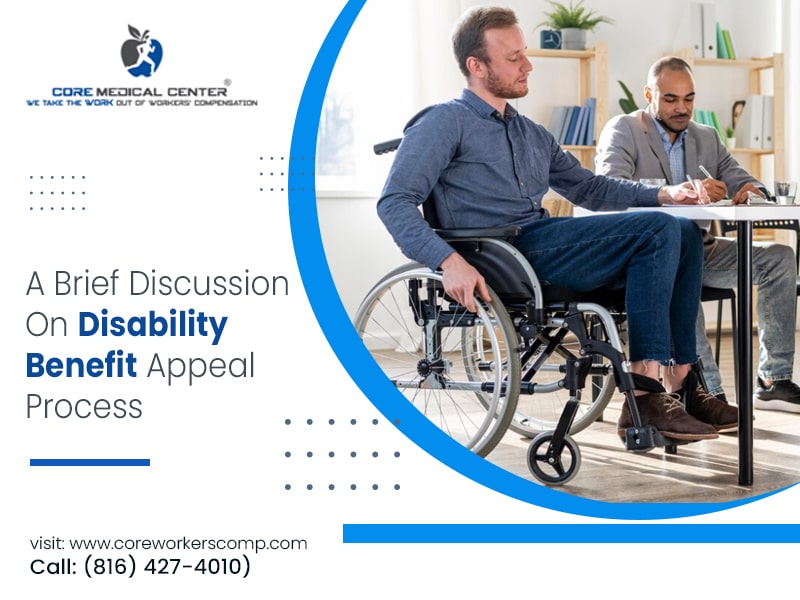
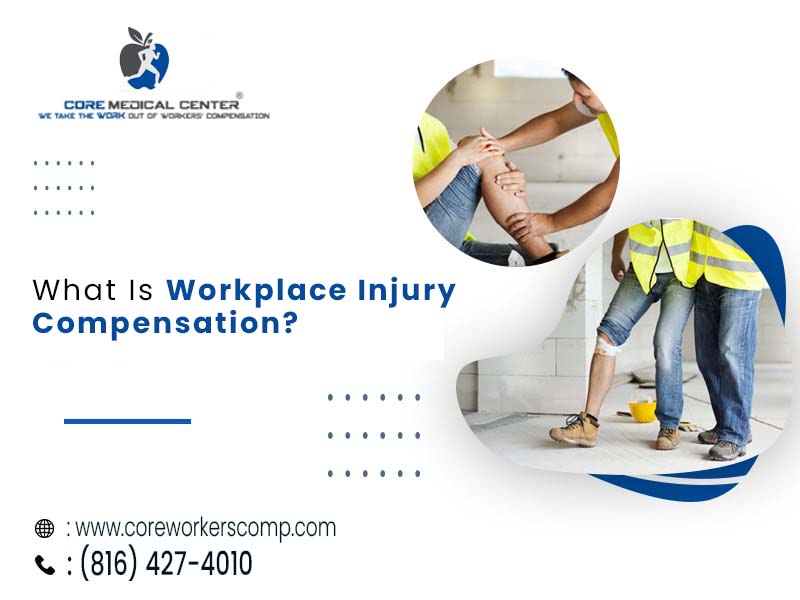
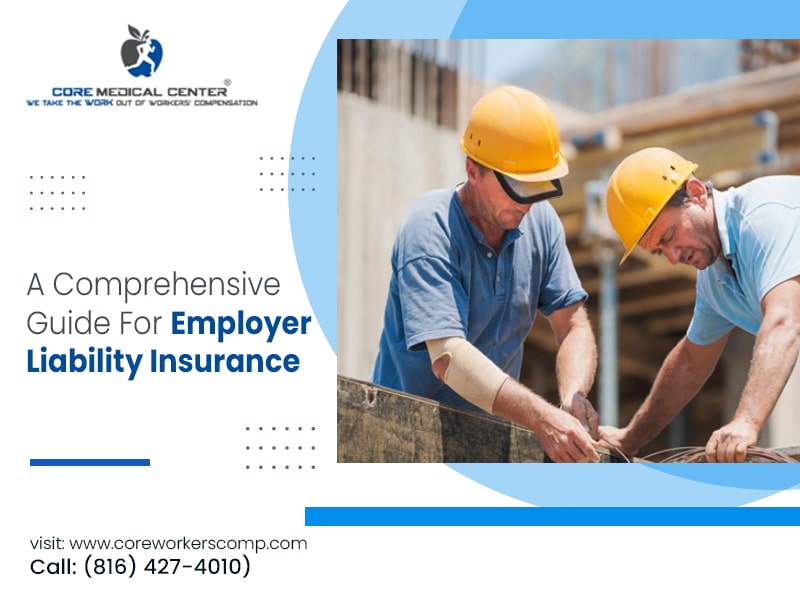
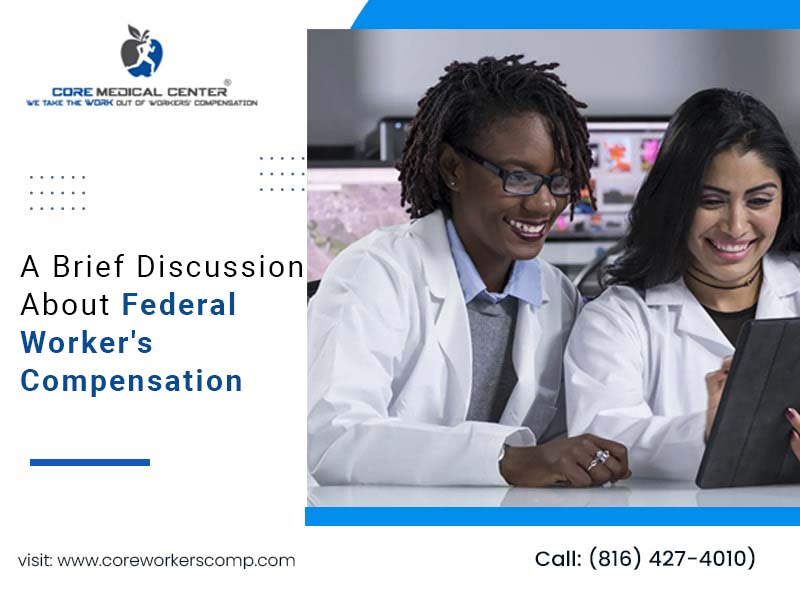
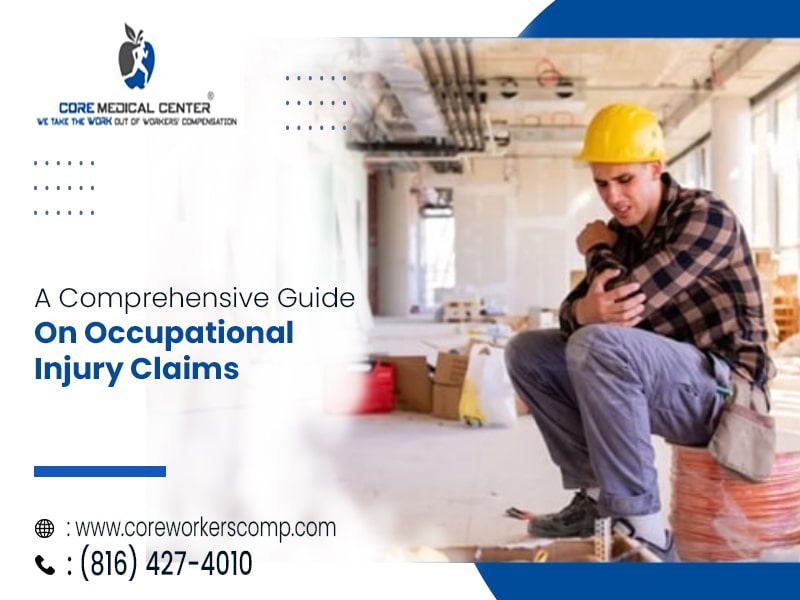

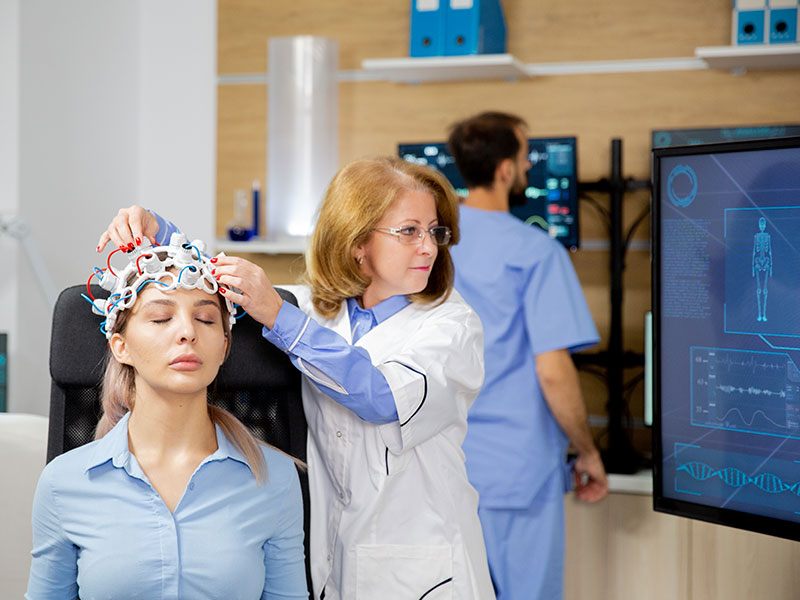

Recent Comments